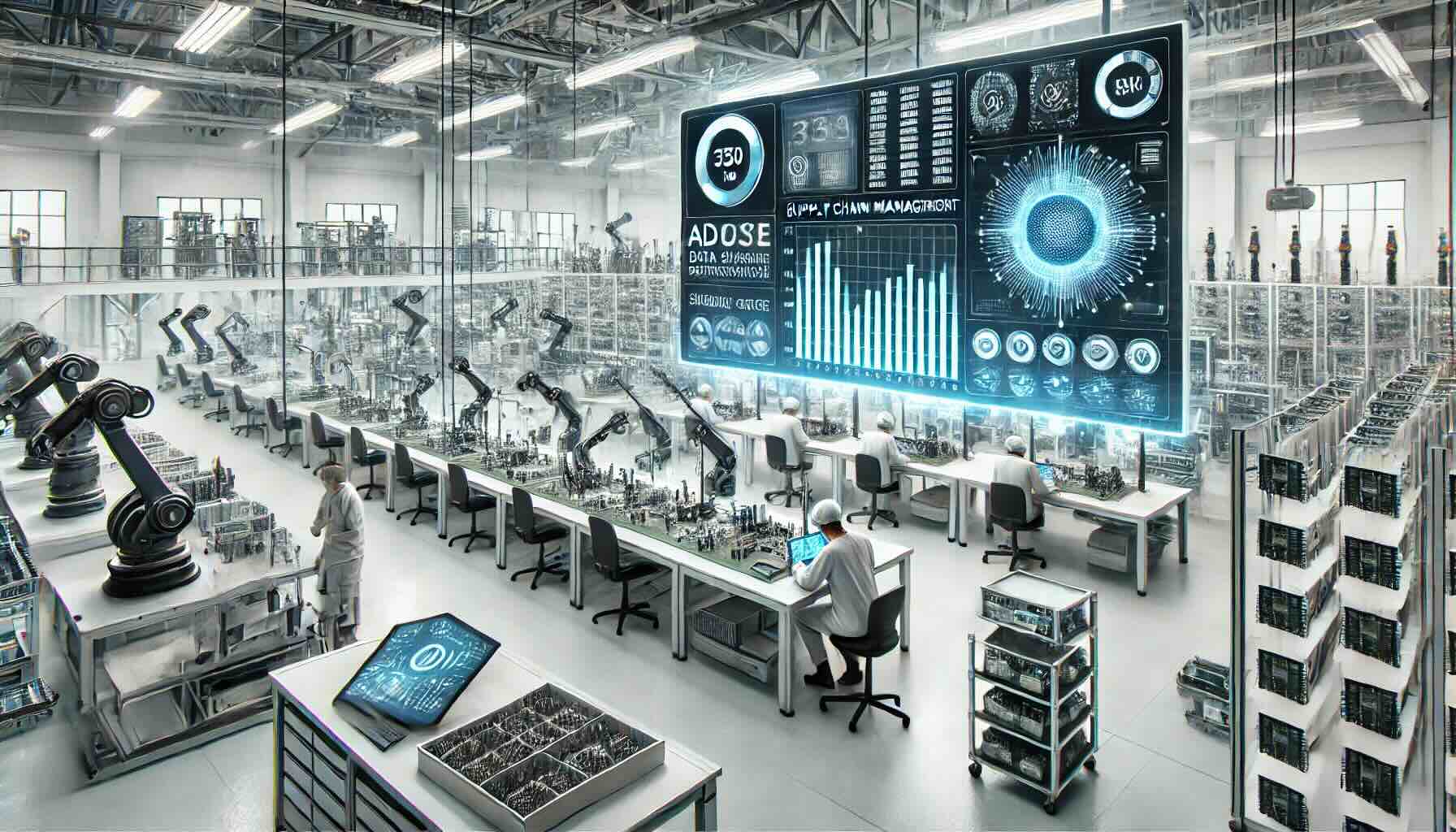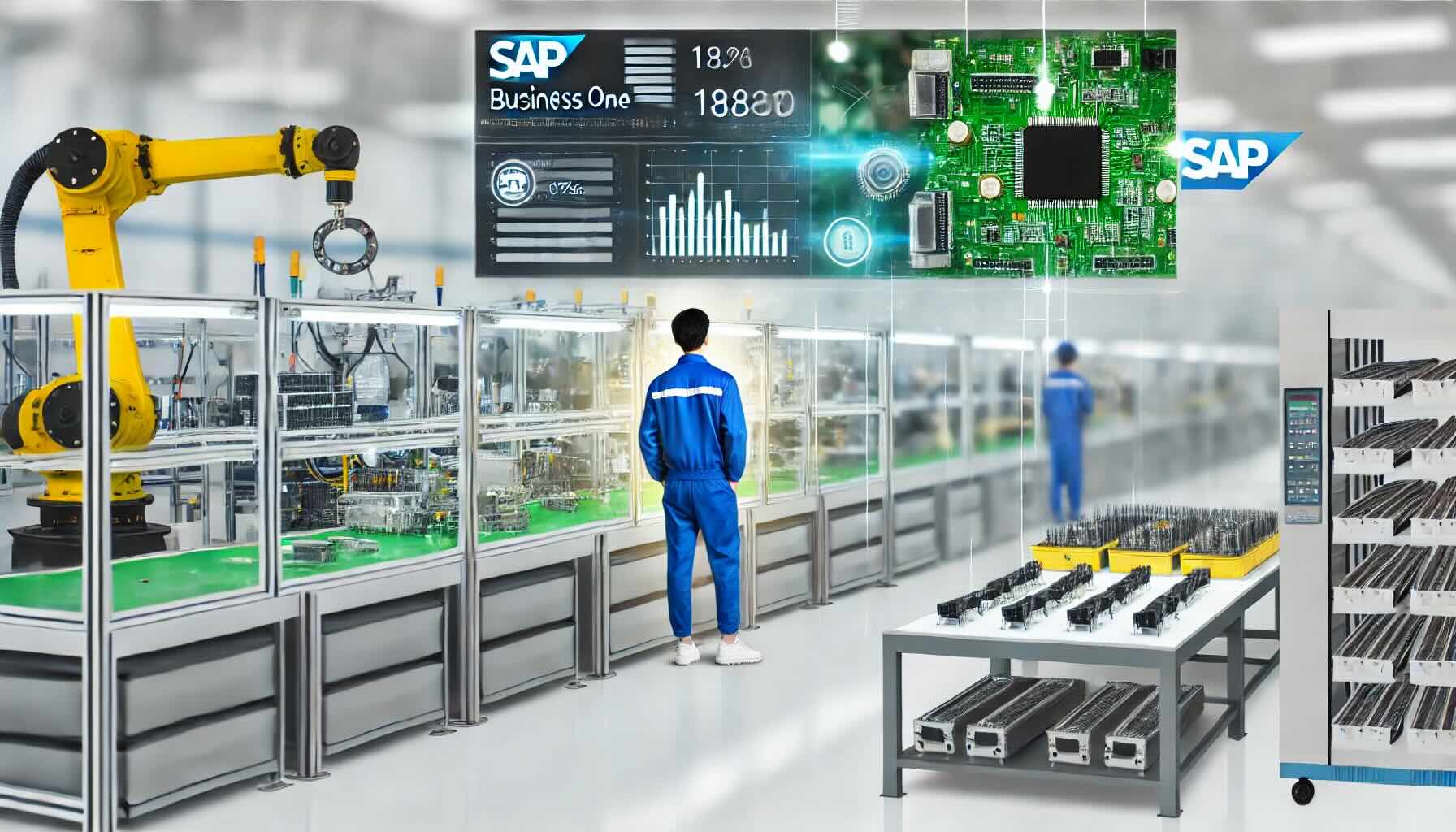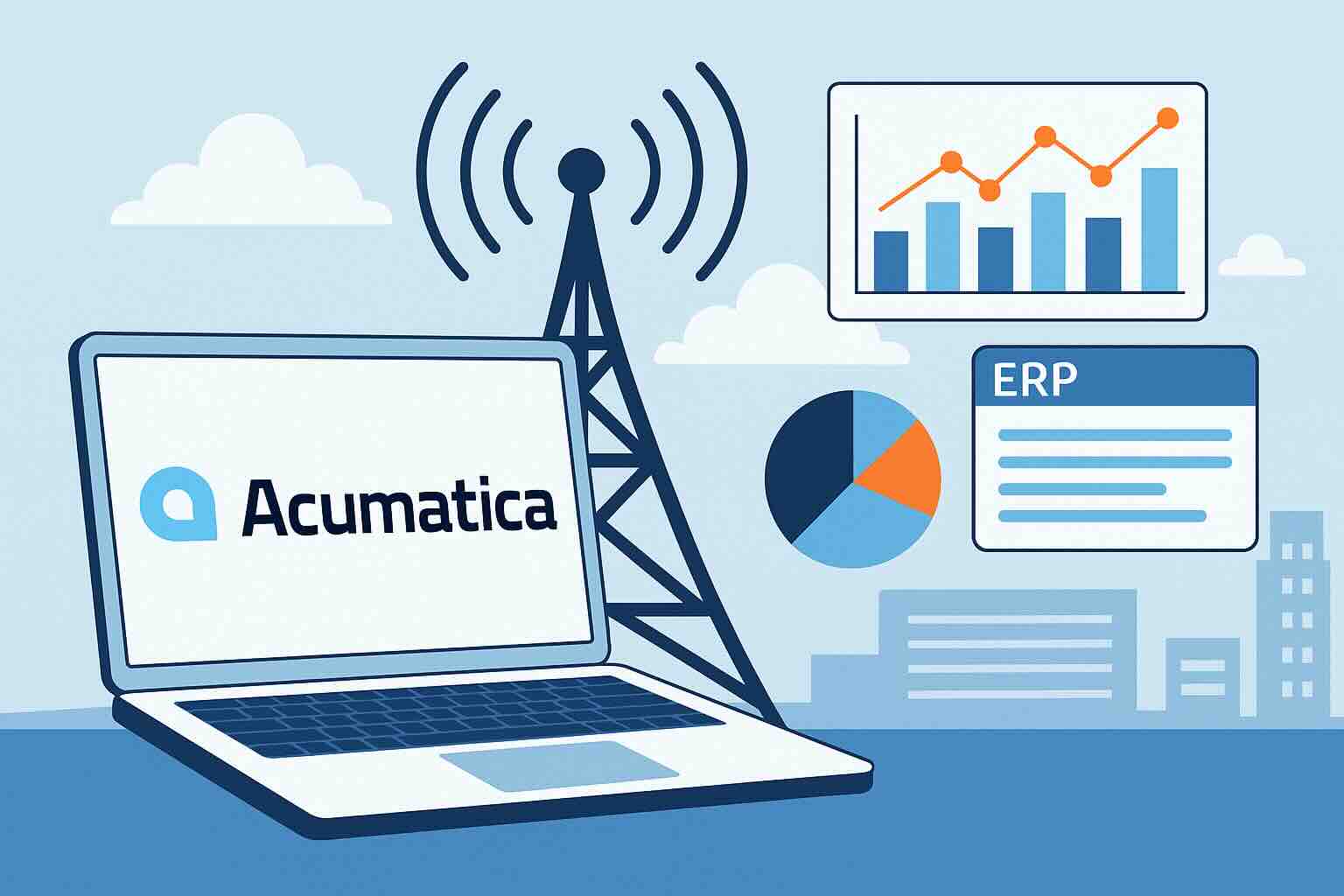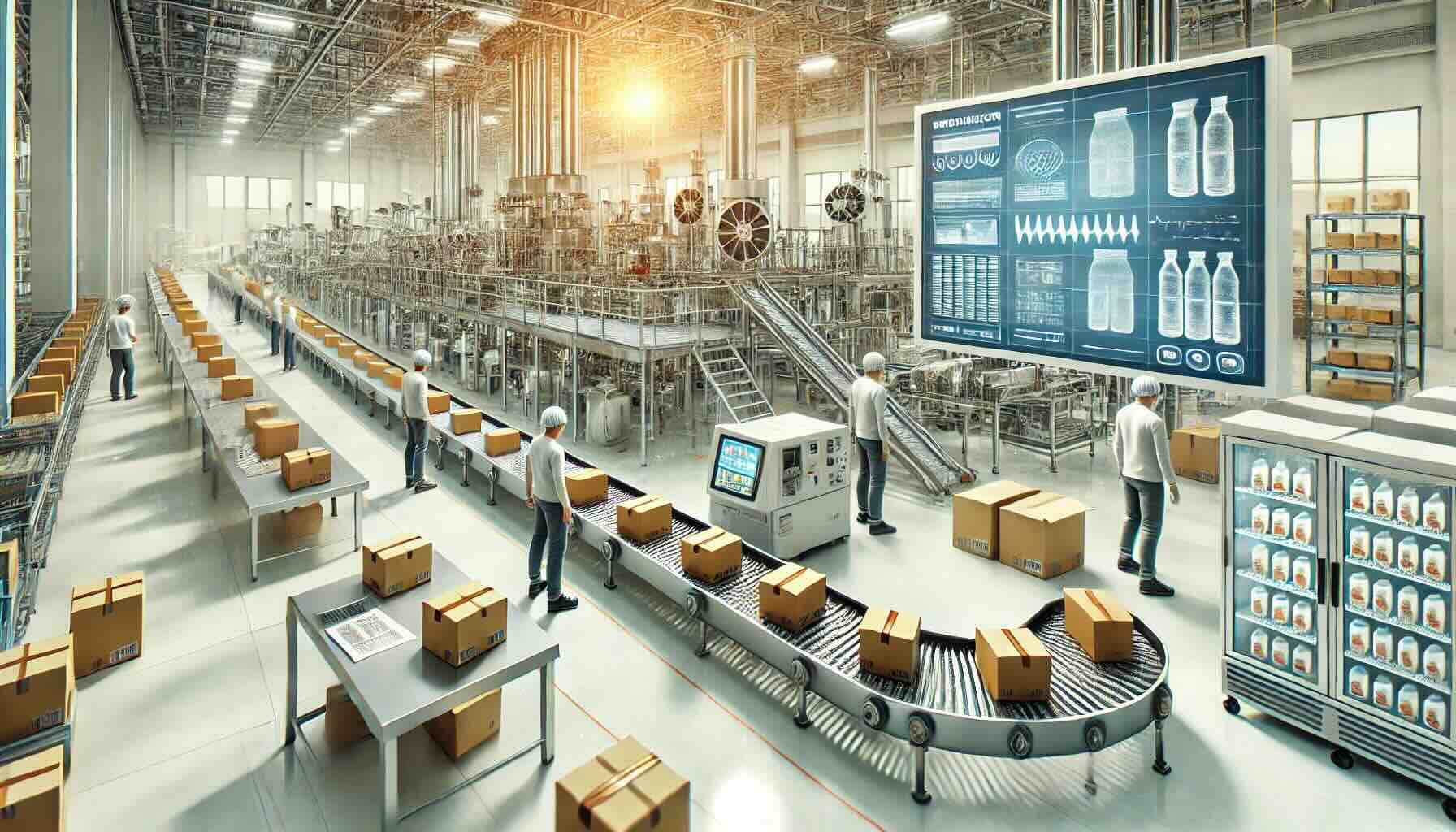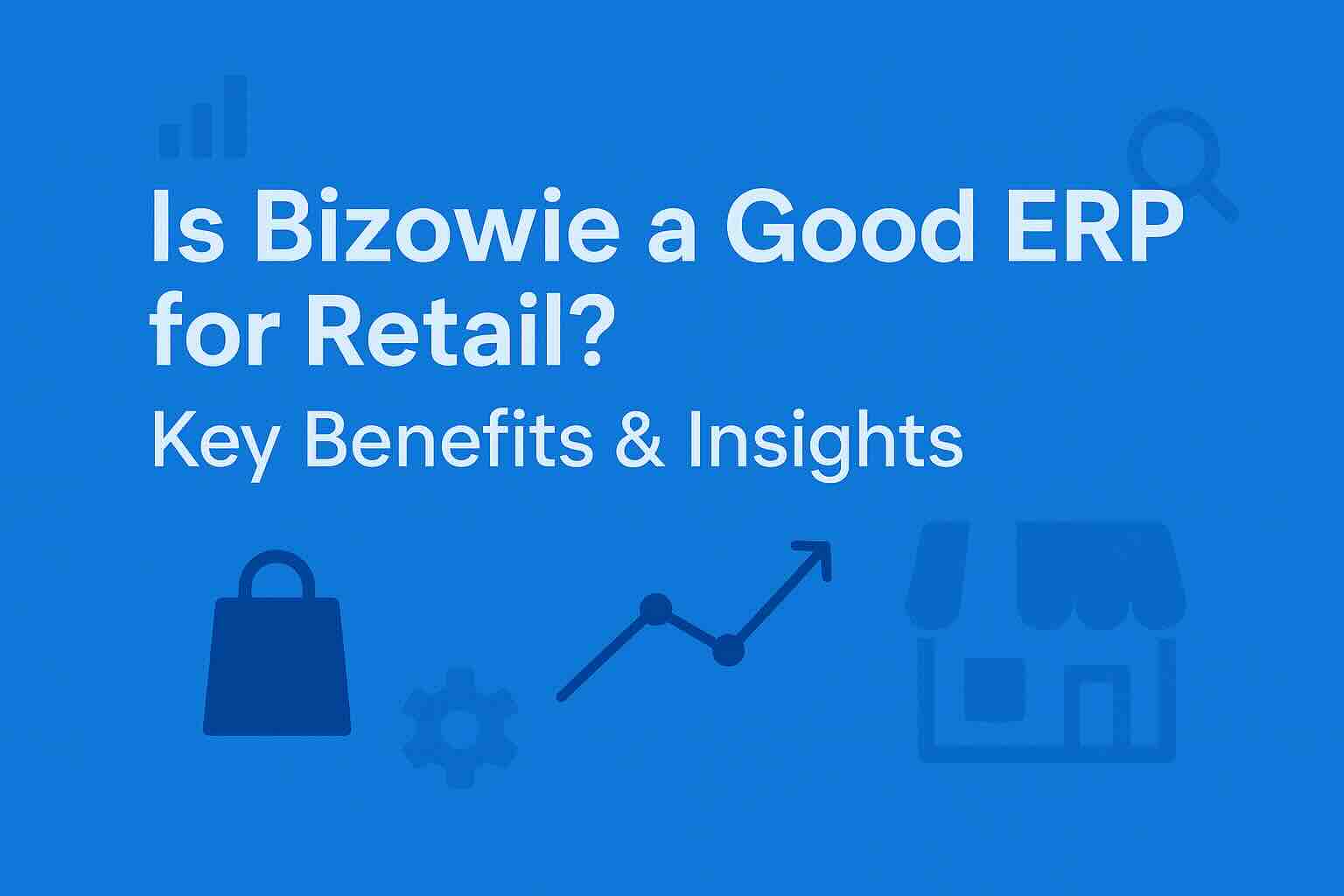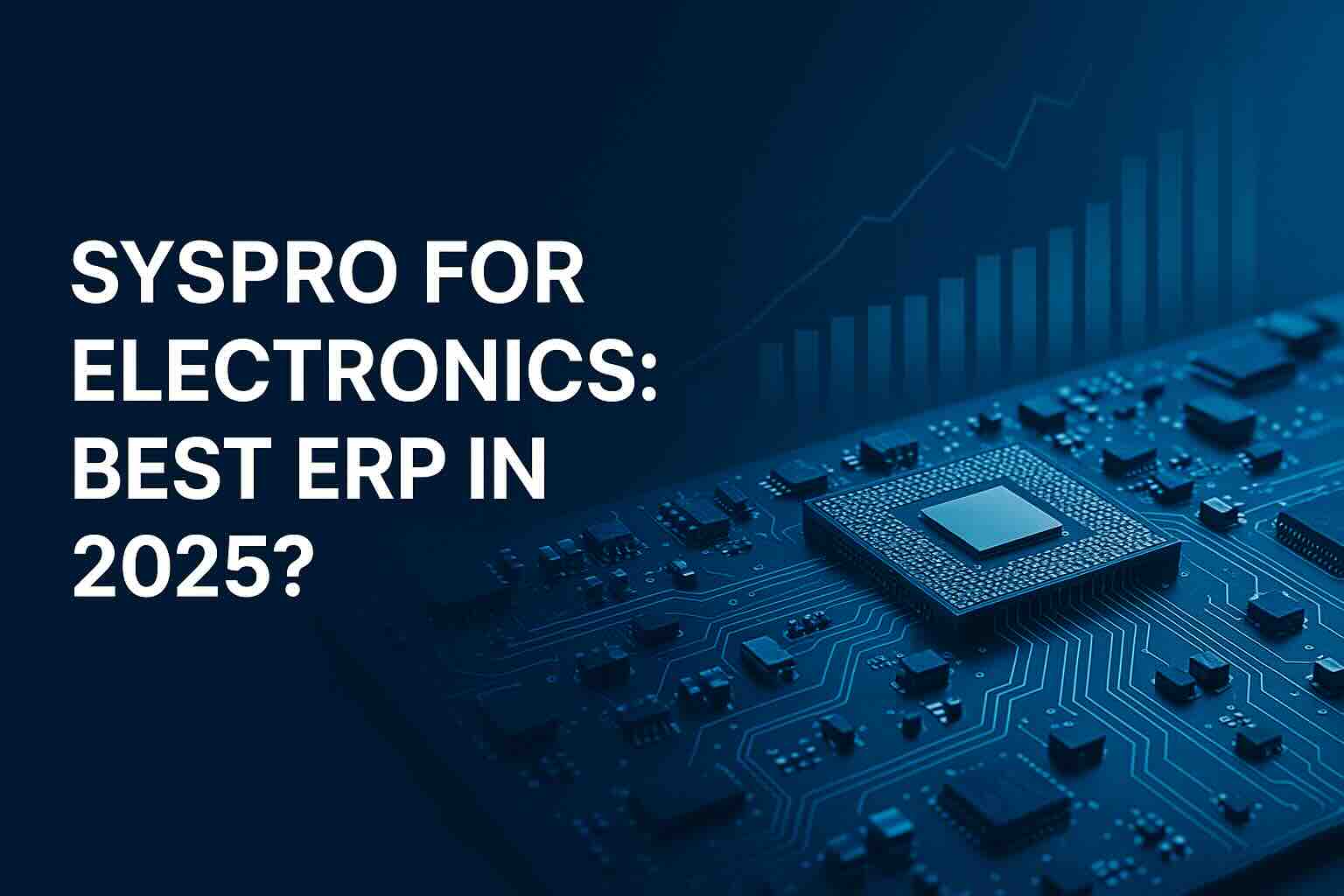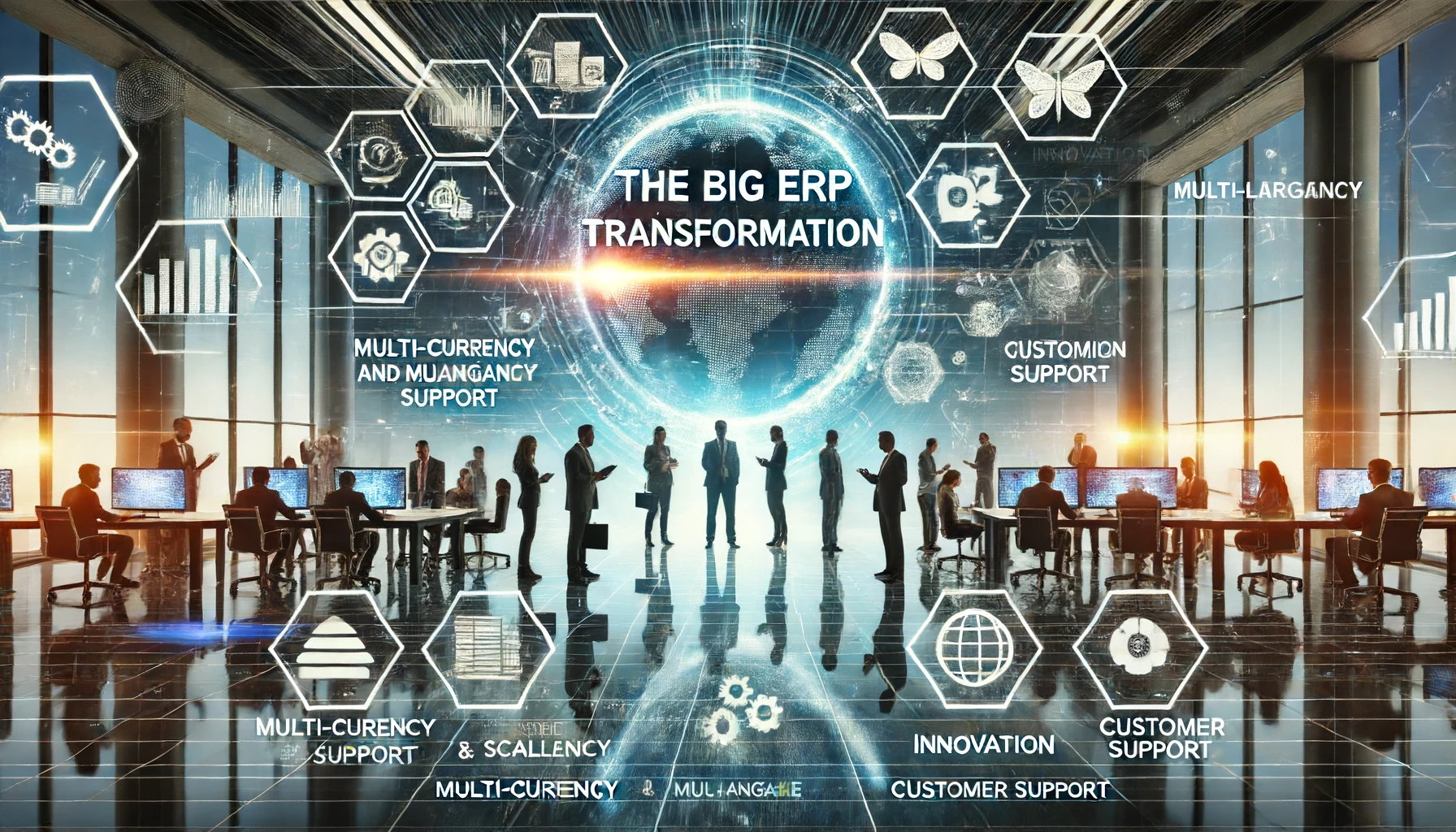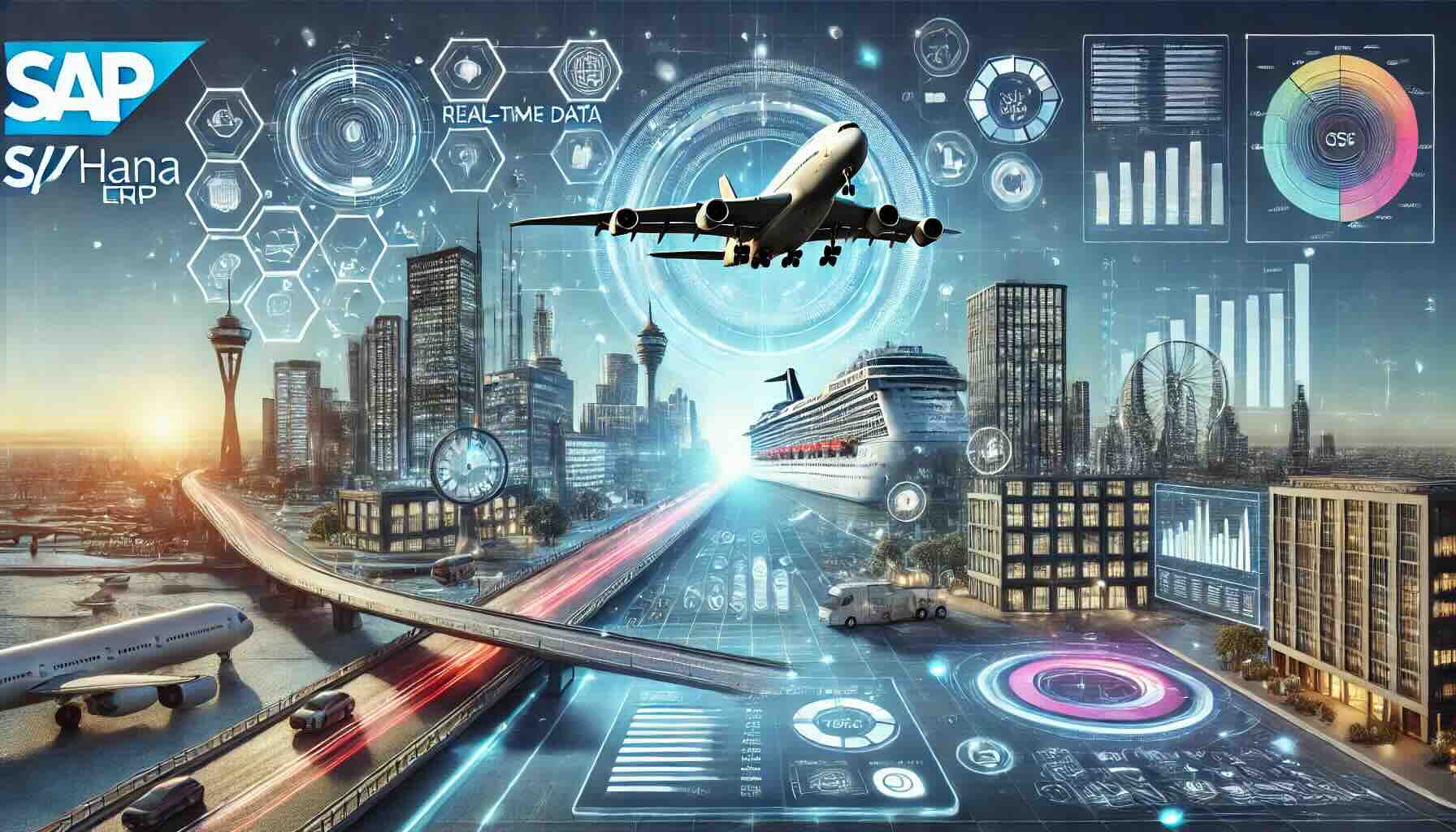Evaluating Workday: Is It the Best ERP Solution for Consumer Goods Companies?
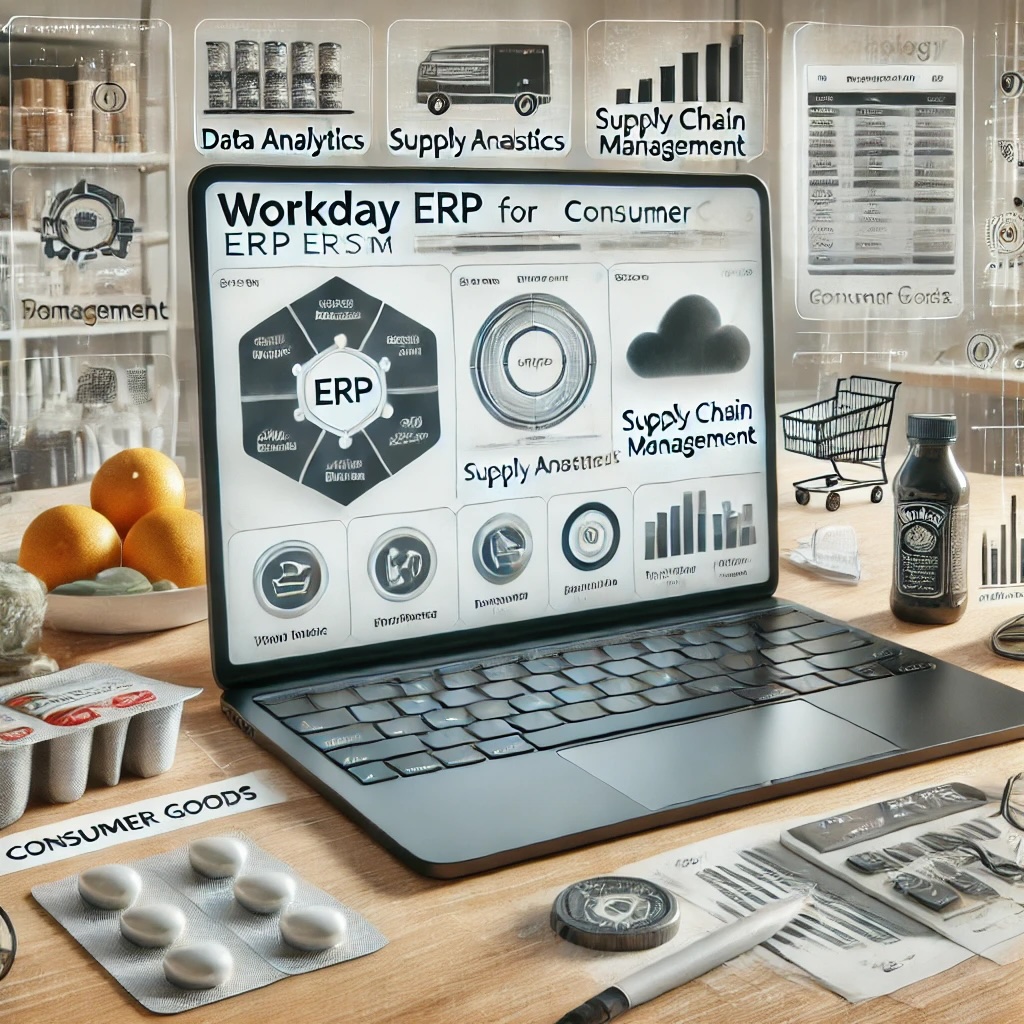
In today’s fast-paced business environment, consumer goods companies need robust and agile Enterprise Resource Planning (ERP) systems to manage their operations effectively. The consumer goods industry thrives on its dynamic nature, characterized by frequent product launches, complex supply chains, and the constant need to respond to shifting consumer demands. With many ERP systems available, choosing the right one becomes crucial for maintaining a competitive edge. Workday, a leading ERP solution, has gained popularity across various industries, but does it stand out as the best ERP for consumer goods? Let’s dive into the features, benefits, and limitations of Workday for this sector.
Understanding Workday ERP
Workday offers a cloud-based ERP platform that stands out for its user-friendly interface, flexibility, and scalability. Originally recognized for its strength in human capital management (HCM), Workday has since expanded its offerings to include financial management, supply chain management, and other essential business functions. This expansion positions it as a viable option for many industries, including consumer goods.
Key Features of Workday for Consumer Goods
- Unified System for Financial and Human Resources Management:
- Workday integrates financial management and human resources (HR) management into a single system. For consumer goods companies, where efficient workforce management and cost control are vital, this integration streamlines operations and reduces redundancies.
- Real-Time Data and Analytics:
- Workday delivers real-time analytics, offering actionable insights into business operations. In the consumer goods industry, where market trends shift rapidly, access to up-to-the-minute data proves crucial for making informed decisions, whether it’s adjusting inventory levels or launching a new product.
- Scalability and Flexibility:
- Workday’s design supports business growth. As consumer goods companies expand product lines or enter new markets, Workday’s flexible architecture allows them to scale operations easily without extensive reconfiguration.
- User Experience and Accessibility:
- Known for its intuitive user interface, Workday ensures that employees at all levels can easily access and use the system. This benefit proves particularly valuable in consumer goods companies, where staff may range from office-based workers to field sales teams who need mobile access to the ERP system.
- Supply Chain Management:
- While Workday’s supply chain management capabilities may not be as robust as some competitors, it still offers essential features that benefit consumer goods companies, such as inventory management, demand forecasting, and procurement. However, companies with highly complex supply chains may need to supplement Workday with additional tools or integrations.
Benefits of Workday for Consumer Goods Companies
- Improved Decision-Making:
- Real-time data access enables consumer goods companies to respond quickly to market changes, optimize their supply chains, and make data-driven decisions. This agility offers a significant advantage in an industry where consumer preferences can change overnight.
- Enhanced Employee Engagement:
- Workday’s HCM capabilities effectively manage talent, ensuring that companies can attract, retain, and develop the right people. In a sector where innovation and creativity drive success, having engaged and well-managed employees is crucial.
- Cost Efficiency:
- By consolidating various business functions into a single platform, Workday reduces the need for multiple disparate systems, leading to lower IT costs and streamlined processes. This cost efficiency benefits consumer goods companies, where margins can be tight.
- Regulatory Compliance:
- Consumer goods companies often face stringent regulatory requirements. Workday ensures compliance by providing robust reporting and auditing tools that keep companies aligned with local and international regulations.
Limitations of Workday for Consumer Goods
- Supply Chain Complexity:
- As mentioned earlier, Workday’s supply chain management features may not suffice for companies with highly complex or global supply chains. Competitors like SAP or Oracle offer more specialized tools for intricate supply chain management, which some consumer goods companies may find necessary.
- Implementation Time and Cost:
- Although Workday is known for its user-friendly interface, implementing an ERP system still takes time and can be costly. For consumer goods companies, especially small to mid-sized ones, the initial investment in both time and money might pose a significant barrier.
- Limited Manufacturing Capabilities:
- Workday’s ERP lacks strength in manufacturing execution systems (MES) compared to other ERP solutions. For consumer goods companies that require detailed manufacturing processes and control, this limitation could be a drawback.
Conclusion: Is Workday the Best ERP for Consumer Goods?
Workday delivers a comprehensive ERP solution that significantly benefits consumer goods companies, particularly in areas like financial management, human resources, and real-time analytics. Its strengths lie in its ease of use, scalability, and ability to provide actionable insights that drive better decision-making. However, companies with complex supply chains or specific manufacturing needs may need to supplement Workday with additional tools or consider a more specialized ERP system.
In summary, Workday stands as a strong contender for consumer goods companies seeking an agile and user-friendly ERP system. However, it’s important to evaluate specific needs before making a decision. The best ERP system is the one that aligns with your business processes, growth strategy, and industry requirements. Workday excels in many areas, but as with any ERP, it’s crucial to consider the unique demands of your business to determine if it’s the best fit for you. Click this link to find out more about Workday.
To compare Workday with 100s of other ERP solutions, you can use our new AI-powered Compare ERP tool. It’s free to use and you get a guaranteed discount on your first year’s licence fees with a referral from Compare ERP.

